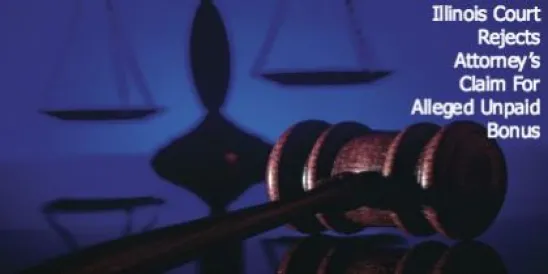Indiana’s Right to Work law has withstood its first challenge in the state’s highest court. The Indiana Supreme Court upheld the law’s constitutionality in a 5-0 decision in Zoeller, et al. v. Sweeney, et al., No. 45S00-1309-PL-596 (Nov. 6, 2014). The decision reverses an opinion by Lake County Superior Court Judge John M. Sedia that previously declared the law unconstitutional.
Indiana’s Right to Work law prohibits employers from requiring union membership or the payment of dues as a term or condition of employment. A knowing or intentional violation of the law subjects the violator to a Class A misdemeanor. Union aversion to the law focuses on the state law’s relation to federal labor law. Under federal labor law, a union, if it is the exclusive bargaining representative of a given bargaining unit, must represent all employees within the bargaining unit. This is regardless of whether a given employee is a dues-paying member.
For procedural reasons, the Indiana Supreme Court considered only the constitutionality of the Right to Work law with regard to a challenge under Indiana Constitution Article 1, Section 21. Section 21 provides that “[n]o person’s particular services shall be demanded, without just compensation.” The union argued its services are demanded under federal labor law to represent all bargaining unit employees, while the Right to Work law deprives them of compensation if they represent an employee who does not pay dues.
The Court did not find the union’s argument compelling. It cited with approval the state’s argument that nothing forces the union to become the exclusive bargaining representative of the bargaining unit. Indeed, the union has elected to assume the role as the exclusive bargaining representative of the bargaining unit. That role naturally begets both rights and responsibilities.
Despite the Court’s decision, many questions remain unanswered. First, the Court discussed only a facial challenge to the constitutionality of the Right to Work. Still unanswered is whether the law is unconstitutional as applied to the facts of the particular case. Justice Robert Rucker made this distinction clear in his concurring opinion. This, of course, leaves open the possibility of an as-applied challenge to the Right to Work law’s constitutionality.
Second, the Supreme Court already has a separate case on its docket challenging the constitutionality of the Right to Work law in Zoeller, et al. v. United Steel Paper, et al. In that case, Lake County Circuit Judge George Paras also held the law unconstitutional under Indiana’s Constitution. Procedurally, that case had advanced further than the Sweeney case prior to the law’s invalidation. As a result, it likely will challenge the Right to Work differently. Currently, the parties are submitting briefs to the Court with oral arguments expected sometime in 2015 and with a decision to follow.
The union in Sweeney reportedly said it will consider petitioning the U.S. Supreme Court to hear the case. We will monitor the cases and provide updates on the Indiana Right to Work law.




 />i
/>i

